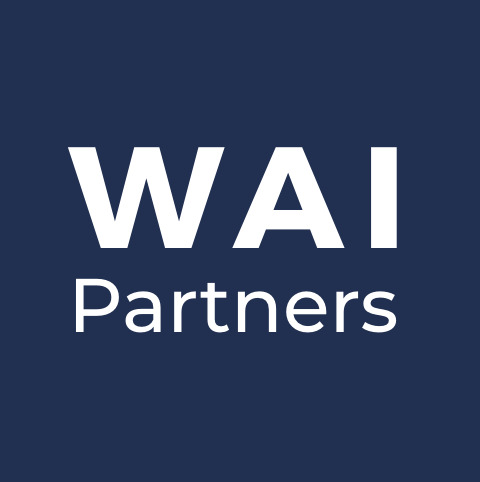The ascent of neobanks is currently revolutionizing the African banking industry. Operating purely online, neobanks offer an array of financial services through either a website or mobile apps.
A Fresh Perspective on Banking in Africa
Increasingly, digital banks—predominantly app-based—are marking their presence across Africa, fueled by the widespread accessibility of smartphones and internet connectivity. They are poised to be fierce competitors to traditional banking institutions by capitalizing on the growing appetite for digital services.
One of the most compelling benefits of neobanks is their cost-efficiency. By forgoing physical branches, they are able to offer services at significantly lower costs, making them more appealing and flexible to customers than their traditional counterparts.
Neobanks extend beyond traditional banking services, featuring a plethora of modern offerings such as investment platforms, digital wallets, and budgeting tools.
Their emphasis on stellar customer service includes round-the-clock support teams, well-prepared to tackle any customer issues that may arise.
Neobanks are shaking up traditional banking in multiple ways. Firstly, they are reaching underserved populations, particularly in rural regions where conventional banks are scarce.
Thanks to their mobile-based model, they can extend their financial services to areas where over 60% of the population are unbanked, utilizing smartphones for accessibility.
Cost-effectiveness stands as another key advantage for neobanks. Their operational costs are significantly lower due to the absence of physical branches, enabling them to pass on these savings in the form of lower fees and interest rates to consumers.
Moreover, neobanks are inherently more agile than traditional institutions. Their utilization of flexible tech platforms allows them to quickly adapt to evolving customer needs and launch new products and services at an accelerated pace.
Additionally, the user experience is greatly enhanced through intuitive and simple mobile apps that neobanks offer. Real-time updates on transactions, balances, and spending are standard features.
Further distinguishing themselves, neobanks are capable of offering more personalized financial services by leveraging data analytics to understand customer behavior, thereby delivering customized financial advice.
Challenges Ahead for African Neobanks
Despite the numerous advantages, neobanks in Africa are not without challenges. Trust in digital platforms is still limited, with many Africans preferring traditional financial systems due to their familiarity.
Furthermore, not everyone has access to smartphones and the internet, limiting the reach of neobanks.
Navigating the intricate regulatory landscape of Africa is also a hurdle, given the divergent regulations across nations. This is especially significant as neobanks must comply with the same rules as traditional banks.
Competition from traditional banks, who are increasingly adopting digital services, is another area of concern for neobanks.
Neobanks vs Mobile Money: The Emerging Rivalry
Mobile money services have been a linchpin in Africa’s financial ecosystem, aiding millions in making payments, transfers, and availing other basic financial services. However, the burgeoning rise of neobanks threatens to eclipse mobile money as the preferred financial tool.
Neobanks offer a broader range of financial solutions, including but not limited to, savings accounts, loans, and insurance products. They also provide competitive interest rates on savings, and offer more complex financial tools like investment and wealth management services.
Their digital platforms are designed to be user-friendly, making them more accessible to a population that is largely unbanked or underbanked.
While mobile money has seen significant success, it has its limitations, primarily the lack of universal acceptance among merchants and businesses. Neobanks fill this gap by offering universally accepted payment methods like debit cards.
In Conclusion
The rise of neobanks in Africa is redefining the conventional banking model and broadening the financial services available to consumers. Despite facing challenges such as limited digital trust and complex regulations, neobanks have the potential to revolutionize the African financial landscape, offering more affordable, flexible, and customer-centric services.
